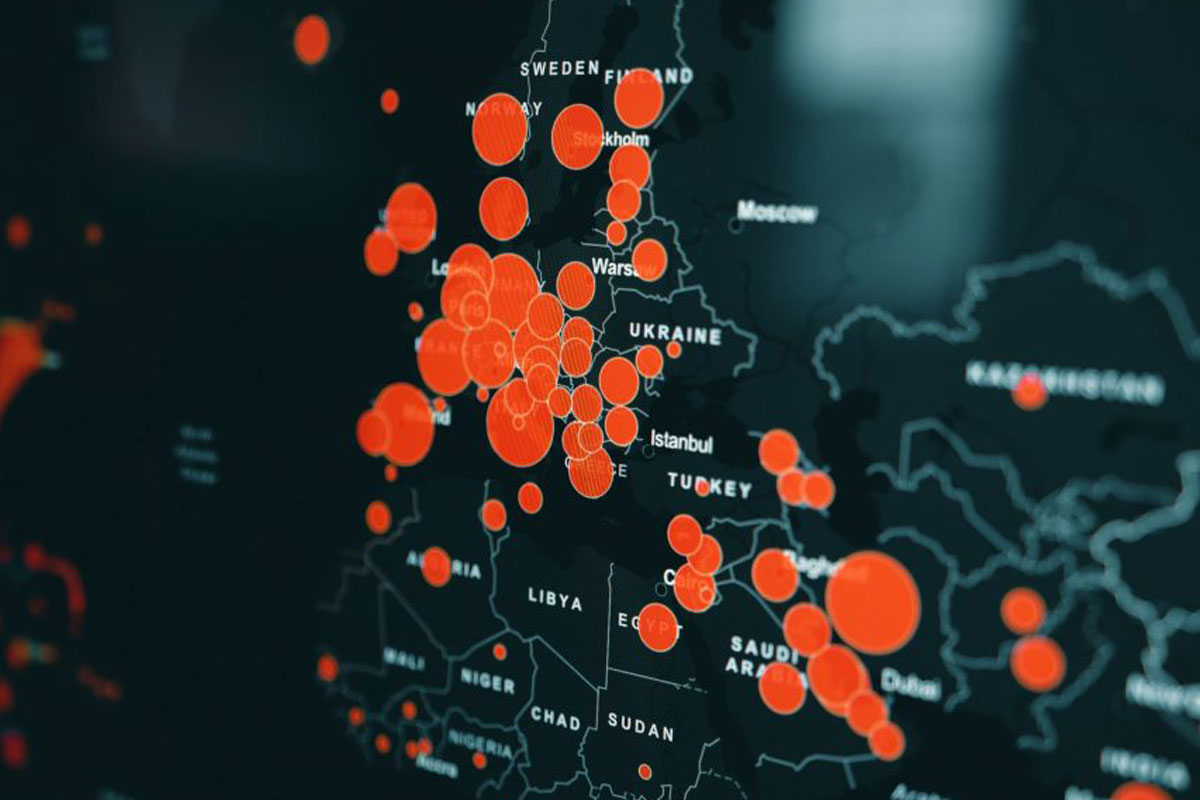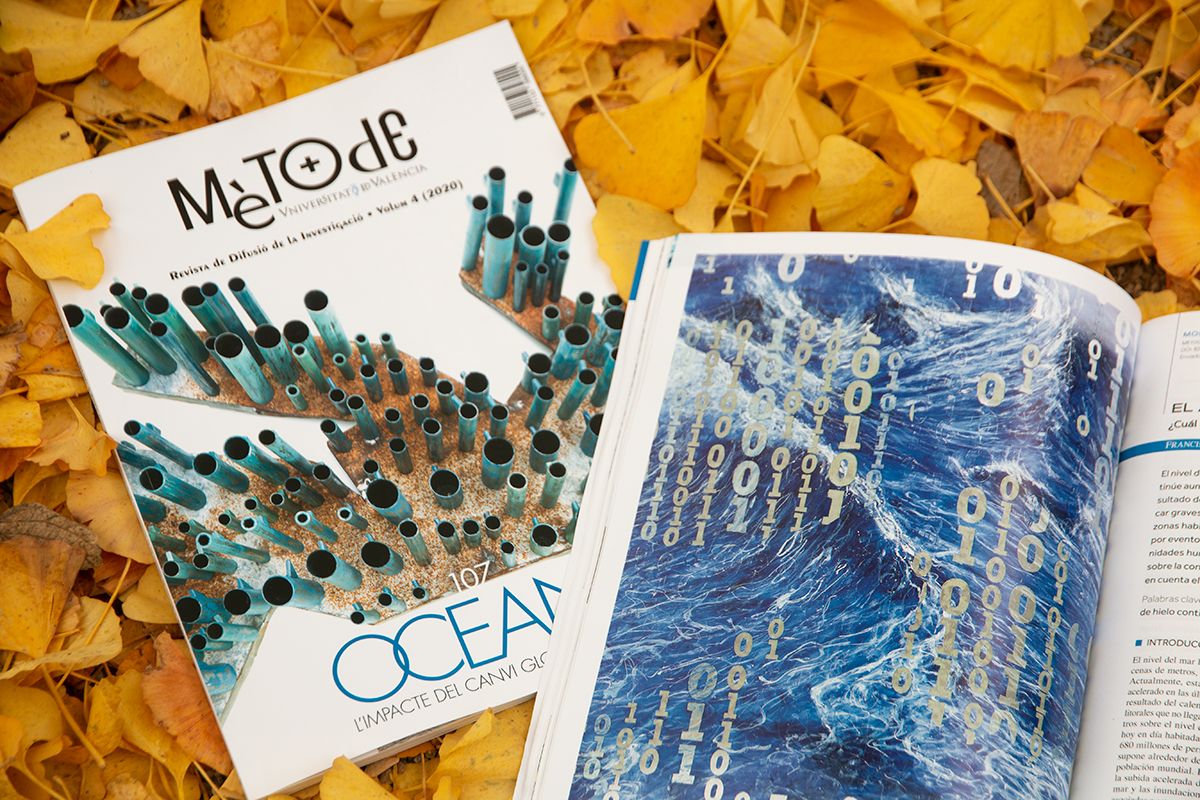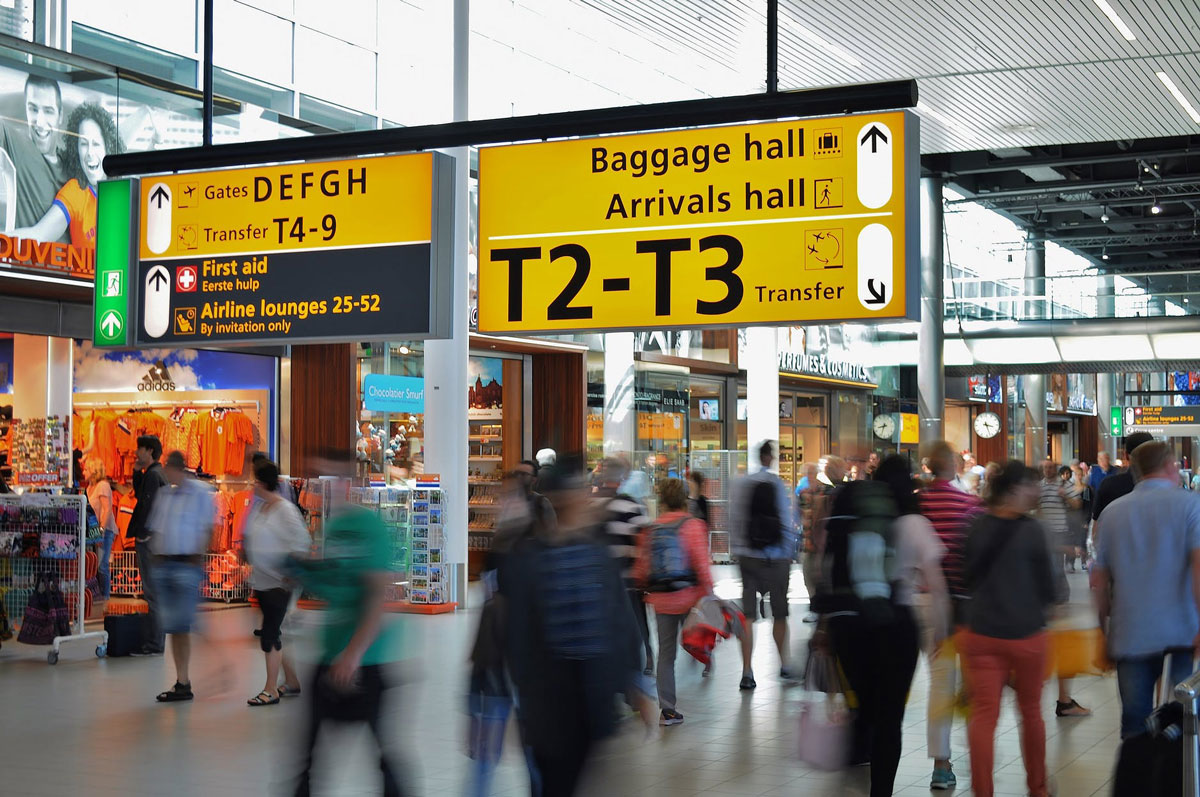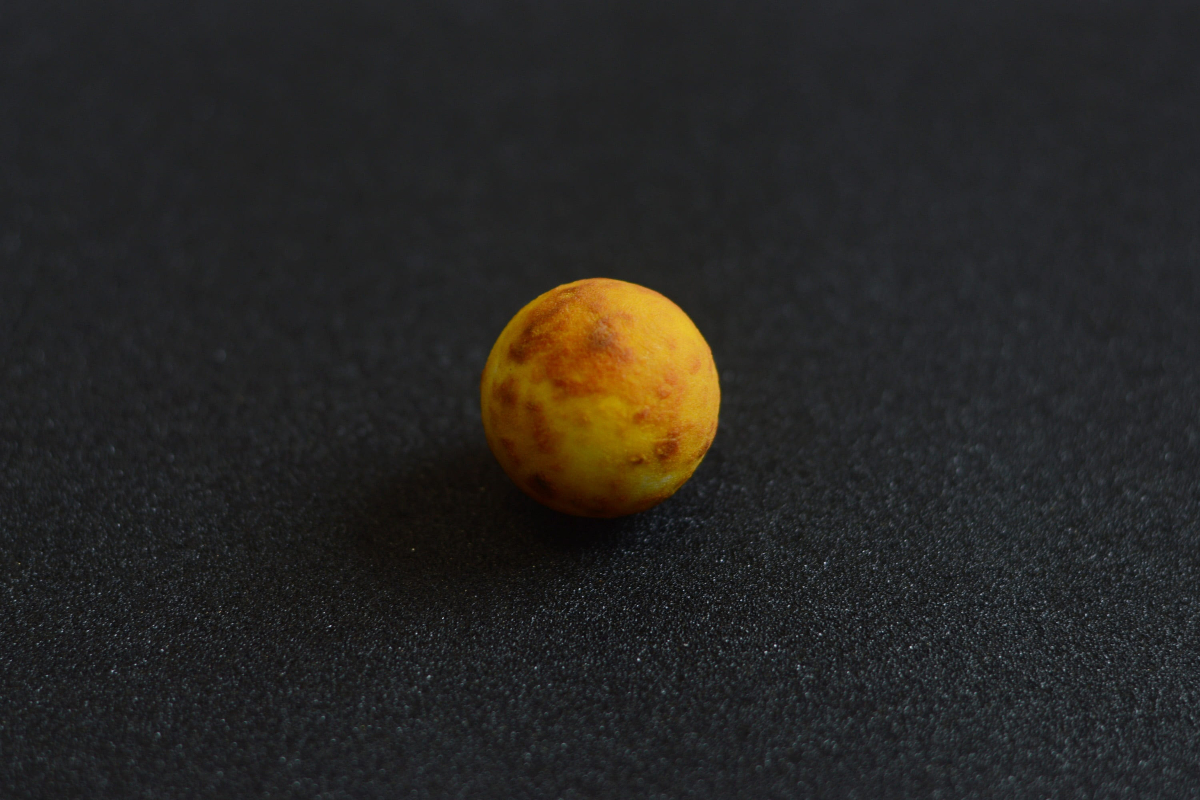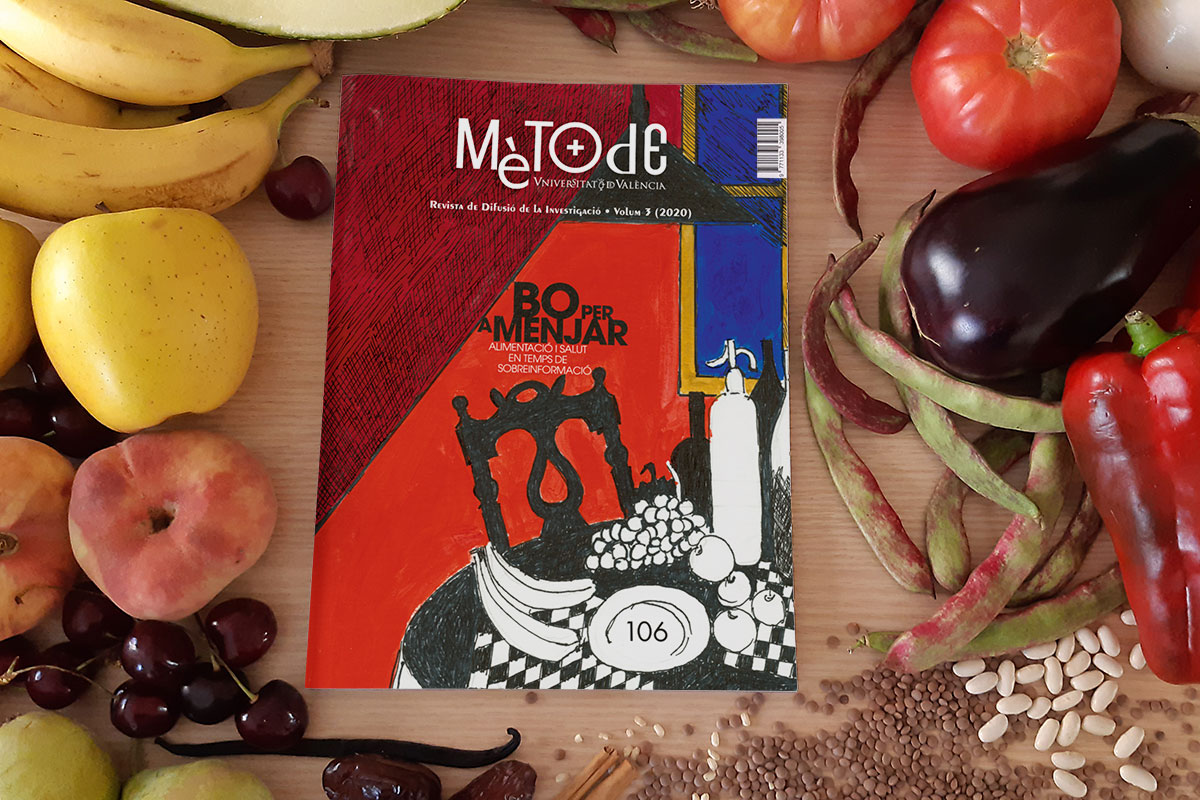Search
Mètode
Anabel Forte, professor of Statistics and Operations Research at the University of Valencia, analyses the discrepancy in COVID-19 data in Spain.
Issue 107 of Mètode, coordinated by Carles Pedrós-Alió, Josep Maria Gasol, and Rafel Simó, focuses on the impact of human activities on the sea.
Essentially there is no supplement that can prevent the coronavirus, but many patients who have suffered from the coronavirus have vitamin D deficiency.
The virus has spread again in the different populations because we have lowered our protective measures, when we should have maintained them for a much longer period.
The structural integrity of an airplane's windows and doors is not a minor issue, because there is a large difference in pressure and temperature between the interior and exterior of the aircraft.
The discovery has immediately been connected with the potential presence of life on Venus; on Earth, this gas is generated by microbian and human activity. The research team, however, remains cautious.
The monograph, coordinated by Gonzalo Casino and Montserrat Rabasa, delves into the relationships between food, society and health
Colourblind people see colours differently because they do not have all the necessary information from the L, M and S cones. A simile would be to try to obtain different paint colours by mixing only two primary colours: we would never be able to obtain the full range of existing colours.
In the early 1990s, a group of English doctors set out to study whether the perception that ears and noses grow over time was true. Àngels Royo explains the results of this research project.
While deep sleep is characterised by low brain activity, brain activity is high during REM sleep, similar to wakefulness. If we wake up in REM sleep, it is very common for us to remember that we were dreaming. But why do we dream? Ferran Martinez-Garcia explains.

